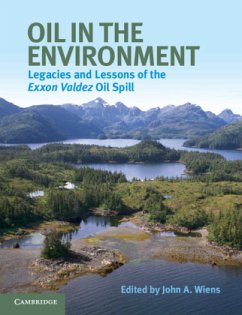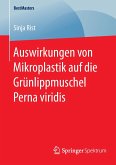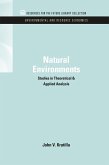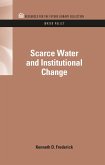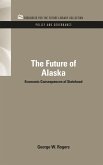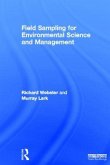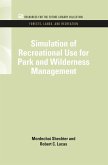What light does nearly twenty-five years of scientific study of the Exxon Valdez oil spill shed on the fate and effects of a spill? How can the results help in assessing future spills? How can ecological risks be assessed and quantified? In this, the first book on the effects of Exxon Valdez in fifteen years, scientists directly involved in studying the spill provide a comprehensive perspective on, and synthesis of, scientific information on long-term spill effects. The coverage is multidisciplinary, with chapters discussing a range of issues including effects on biota, successes and failures of post-spill studies and techniques, and areas of continued disagreement. An even-handed and critical examination of more than two decades of scientific study, this is an invaluable guide for studying future oil spills and, more broadly, for unraveling the consequences of any large environmental disruption. For access to a full bibliography of related publications, follow the resources linkat www.cambridge.org/9781107027176.
Hinweis: Dieser Artikel kann nur an eine deutsche Lieferadresse ausgeliefert werden.
Hinweis: Dieser Artikel kann nur an eine deutsche Lieferadresse ausgeliefert werden.
'It is now 24 years since approximately 34,500 tonnes of crude oil were released into Prince William Sound, Alaska, as a result of the grounding of the tanker Exxon Valdez ... [The] spill has been described as the most intensively studied in history - over 800 peer-reviewed scientific papers have been produced to date and work is ongoing. This volume, written by scientists who conducted many of these scientific studies, provides an excellent compilation and critical evaluation of the evidence gathered in relation to impacts which occurred as a result of the incident. The additional perspective given by time has also allowed a very useful series of 'lessons learned' following each of the main topic areas ... [I] recommend this volume to anyone involved in studies undertaken to assess impacts of oil and/or chemical spills, and to others interested in this area ...' Robin Law, Centre for Environment, Fisheries and Aquaculture Science

